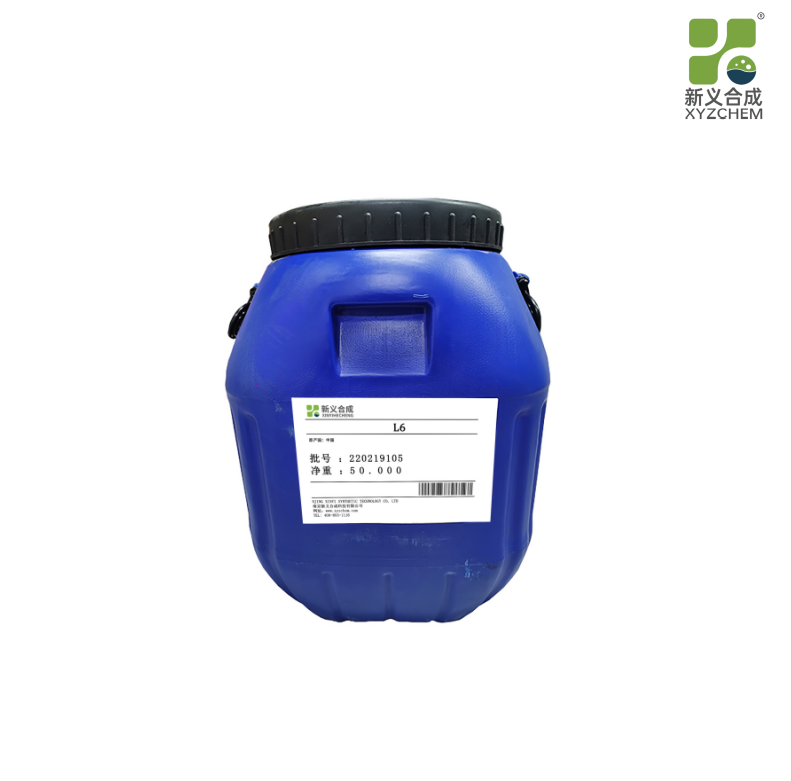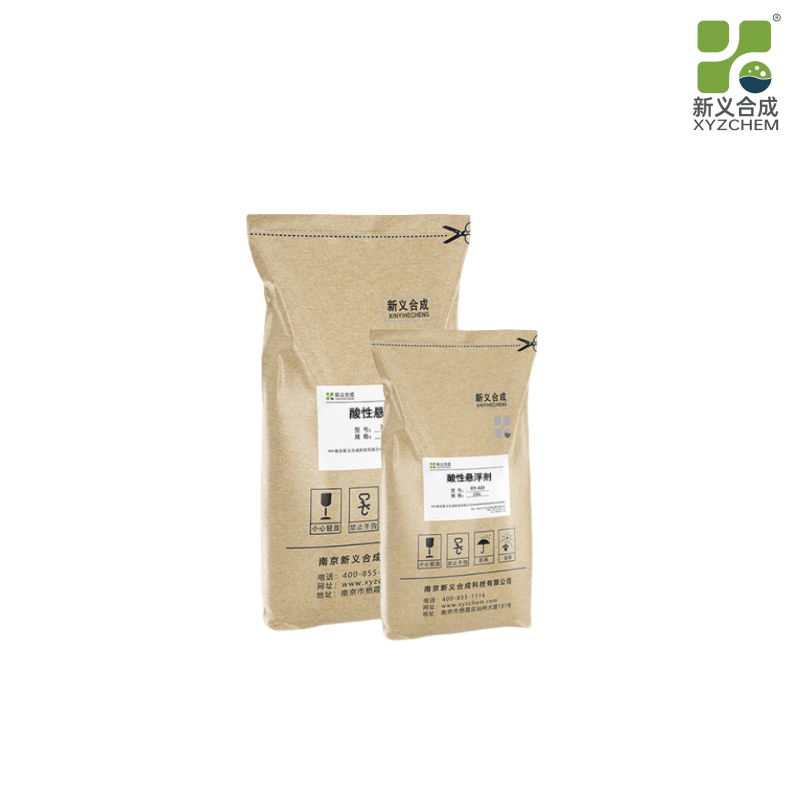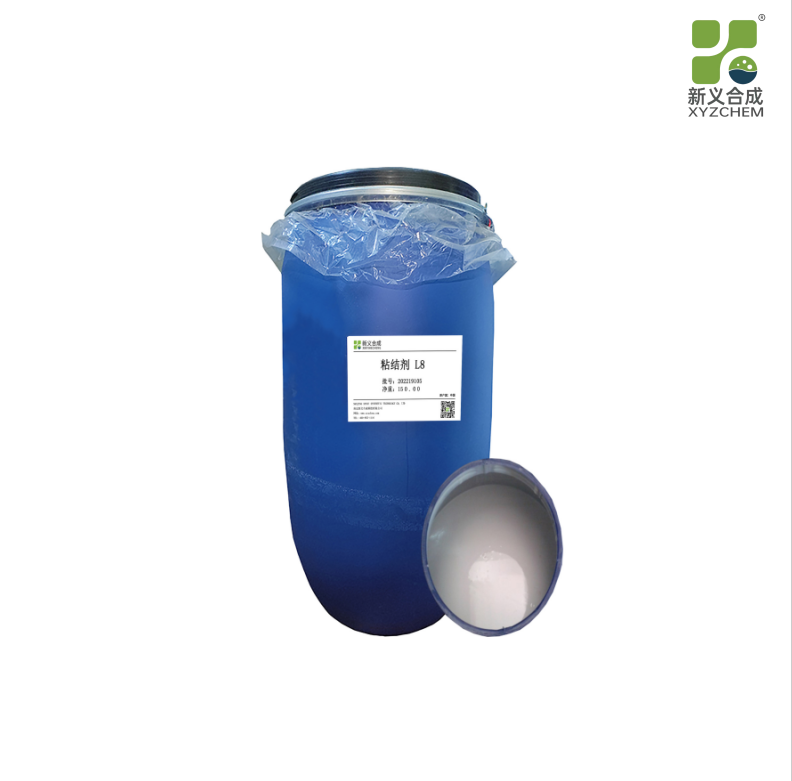1. Introduction
Concrete always contains a (more or less important) volume of air bubbles. These bubbles are formed during the mixing of concrete. In the absence of an air entraining agents (AEA) or a contaminant that entrains air, the total volume of air entrapped in concrete is usually between 1% and 3%. In order to increase the amount of air present in the concrete, it is necessary to introduce an AEA in the concrete.
Generally speaking, the entrainment of a small amount of tiny bubbles improves some other properties of the fresh and hardened concrete. In Nordic areas, the use of entrained air is recommended in concrete exposed to freezing and thawing cycles, depending on the presence of deicing salts.
2. Applications
Air-entraining agents or pore-forming agents are compounds that entrain microscopic air bubbles in cement compositions, which then harden into concrete having microscopic air voids. Entrained air dramatically improves the durability of concrete exposed to moisture during freeze–thaw cycles and greatly improves the concrete’s resistance to surface scaling caused by chemical deicers. Air-entraining agents can also reduce the surface tension of a fresh cement composition at low concentration, increase the workability of fresh concrete, and reduce segregation and bleeding. The particular amount used will depend on materials, mix proportion, and mixing conditions.
Product description: AE-330 is a mixture of special surfactants specially used in building materials, and has good compatibility with various materials such as polycarboxylate superplasticizers.
Product features: AE-330 has good dispersion and workability. It has the following advantages: fast air entraining speed, good re-foaming ability, low dosage, good compatibility, fine foam, long stability time, and no negative impact on other components
Scope of application: polycarboxylic acid series concrete additives, wet mix mortar admixtures, foamed gypsum, foamed cement, etc.
Recommended dosage: 0.3‰-2.5‰ used in concrete admixtures; 0.1‰-1‰ used in mortar
Storage: 24 months from the date of production. If the product exceeds the warranty period, it needs to be verified by the test before it can be used.
Product data:
appearance: colorless transparent liquid
solid content: ≥31%
1% liquid pH value (20°C): 7±1
chloride ion content: ≤ 0.06%
density: 1.03g/cm³


